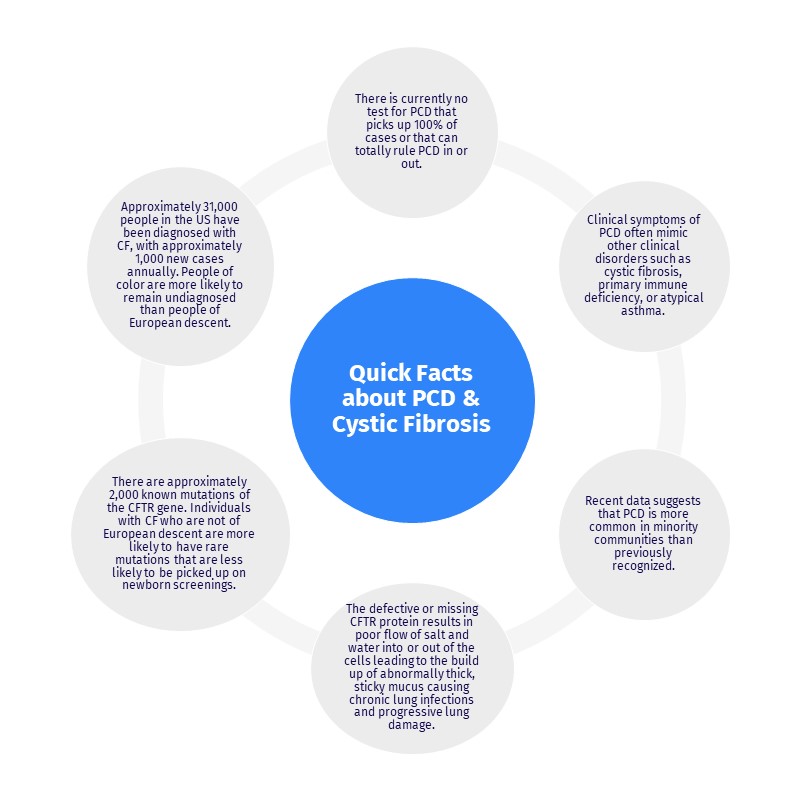
Why is disease recognition and understanding important for patients with lung disease?
Patients with respiratory (lung) disease may experience signs and symptoms which can lead to serious health problems. Symptoms are often one of the main reasons for patients with lung diseases to seek medical care. Delay in seeking medical care can lead to increased morbidity (illness) and potentially mortality (death). There are a few important terms to define first.
Signs and Symptoms - these terms are often used interchangeably although they have distinct meanings.
Signs are observable characteristics, or physical forms of a disease, illness, or injury and are objective. Example: “I am coughing up blood.”
Symptoms are what the patient feels or sensations a patient has. These cannot be verified and are considered subjective. Example: “I’m having difficulty breathing”.
Patients often attribute symptoms to normal aging and “getting out of shape”. It is important for patients to seek health care and communicate any signs and symptoms they are experiencing to the health care professional to gain a better understanding of what is occurring, diagnose the problem, and begin appropriate treatment.
Signs and symptoms of respiratory disease are further defined as Cardinal and Constitutional.
Cardinal symptoms are related to the chest / thorax and related to the chest. These include the following symptoms: dyspnea which may be call shortness of breath, breathlessness, or “winded”, cough, sputum production, hemoptysis (coughing up blood), wheezing, chest pain, and nasal or sinus drainage.
Constitutional symptoms are related to the chest / thorax, but not part of the chest. These include fever, sweats, voice change, anorexia, edema, and joint pain.
Better understanding of these definitions can help patients be active partners in their health care journey. It is important for patients to pay attention to any respiratory signs and symptoms they might experience and seek early medical care. Delaying care may allow respiratory disease to advance. There may be pharmacological (medicines) and non-pharmacological interventions for symptom management. Caregiver(s) play an important role in the life of patients with respiratory disease. As a result, both patients and caregiver(s) might also experience stress, anxiety, and/or depression, or a fear of the unknown. It is important for patients and their caregivers to share this information with their health care team. Shared decision making between the patient, caregiver, and healthcare professional allows the patient and their caregiver to have an active voice in making decisions about their health care and reaching mutual agreement about care. The health care team should provide the best available evidence while honoring the patient’s values and wishes in disease recognition and understanding.




